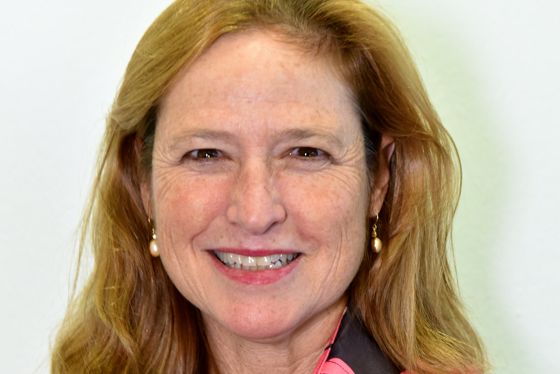Holding on to a family business past three generations is such a dicey prospect that virtually every language has a saying how the first generation saves, the second builds and the third ruins wealth. According to American consultancy Family Business Institute, only 12% of family businesses survive into the third generation, and a paltry 3% make it into the fourth and beyond.
The axiom is not lost on Bitsy Kelley, a third-generation member of the Kelley family that owns Outrigger Enterprises Group, who said, “The disadvantage (of being family-owned) is the potential to fall apart. Most family businesses do not survive past the second generation, as each family often gets bigger, and it becomes harder to align them to the original goals of G1 (Gen 1) as these dissipate from one generation to the next.”
Kelley said her family worked “very hard to ensure things don’t fall apart.” This comes as the group attempts to write a new chapter for Outrigger Hotels & Resorts, which has been repositioned as a portfolio of beachfront properties only and is rapidly expanding outside Hawaii into Southeast Asia, the Pacific and Indian Ocean primarily through asset acquisitions.
Half of the family members are on the U.S. mainland, the other half in Hawaii, Kelley said. Although all are shareholders, not everyone works with the company.
“I’m Gen 3, and I have children, so they are Gen 4, and grandchildren, Gen 5. In the family we call each other G1, G2, G3, G4 and G5,” she said. “G2 and G3 run the business now. G4 are in their 20s and 30s and are out getting their experience and education.”

Bitsy’s grandparents started the business 68 years ago. Her father, who has retired, is chairman-emeritus of the group. Her brother, a doctor, is chairman, and her brother-in-law is president and CEO. Kelley is vice president of corporate communications, a role she held since returning to the company in October 2013 after a successful career as TV host of programs such as “America’s Outdoor Journal” on The Outdoor Channel. Before that she was director of brand and business development for Ohana Hotels & Resorts, the group’s mid-priced brand.
The family meets every quarter. “We work hard to communicate with one another and to make sure everyone is still engaged in the business and understands its culture,” she said. “We also bring outside facilitators to work with us on ‘grey’ areas — for example, should everyone in the family be entitled to a job at the company?”
The family decided not, thus an employment policy was created for family members, and only those who are serious could join. Kelley said she went through interviews for her job with Sean Dee, the group’s executive vice president and chief marketing officer, and with the HR department. “You’re not entitled to or are guaranteed a job,” she said. “You’re not specially treated. I’m absolutely accountable, and I go through reviews like everyone else.”
And she could get fired if she doesn’t perform, just like a regular job, she added.
No one in the family is forced to be in the business. “We encourage people to go find their passion — you’ll be successful wherever your passion is,” Kelley said. “Then, if there is something that fits with the family business, you can come back and see what’s available. We’re a big corporation now, not just hotels. If your passion is in law, there’s a whole legal department. IT? There’s a whole IT department. Get your education and experience first, then we probably have something for you back at the company.”
Being privately owned has huge advantages, however. “It allows us to have a long-term view, versus a public company where you have a shorter window to perform,” she explained. “We can think 50 years out; we don’t need to report to other shareholders. The other key advantage is just being able to have control. You don’t have this when you have other investors.”
Kelley said the family knew only too well what losing control meant and how it could wreak havoc on its principle to be true and authentic to the culture of the places it operates in. “Our earlier experience — about 10 years ago when we first went to the Pacific with primarily management contracts — shows we do better when we own the property, as we have better control,” she added.
In its expansion outside Hawaii today, Outrigger is buying many of the hotels it operates, including those in Phuket, Thailand, Mauritius and the Maldives.
On the group’s bucket list of where Outrigger should be are Seychelles, additional locations in Thailand, Bali in Indonesia and other Micronesian locations. “We’d also love to be back in Palau and are looking at Okinawa, Japan, Sri Lanka and the Philippines,” Kelley added.
Contributed by Raini Hamdi
